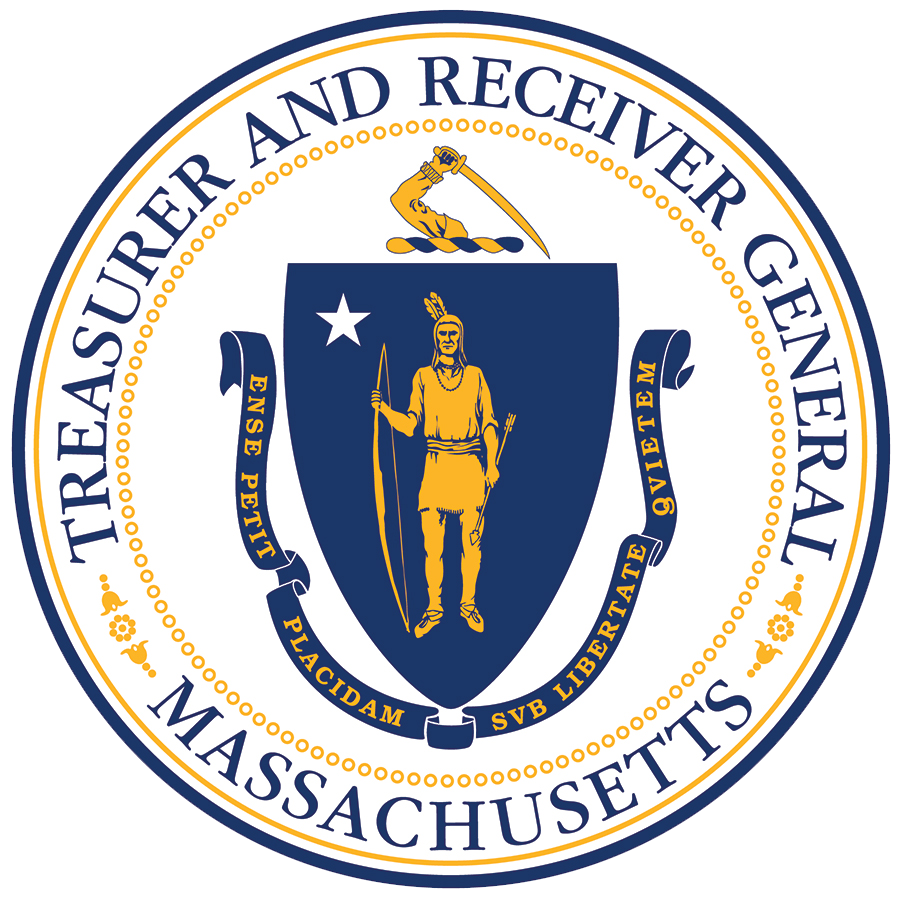- Office of State Treasurer and Receiver General Deborah B. Goldberg
Media Contact
Chandra Allard, Director of Communications

Boston — In a continued effort to ensure safe drinking water in schools across the Commonwealth, the Massachusetts Department of Environmental Protection (MassDEP) today launched the 2017-2018 Lead in School Drinking Water Assistance Program, seeking to again help more public schools and day care centers test for lead and copper in their school drinking water. The 2016-2017 program was completed last spring after thousands of taps and drinking water fountains in more than 800 school facilities were tested.
“We are proud to build upon last year’s success and continue the program to ensure that all children have a safe and healthy learning environment when they are at school,” said Governor Charlie Baker. “We look forward to continuing our work with Treasurer Goldberg and school districts across the Commonwealth to test several more facilities this year and educate officials on ways to address any elevated levels.”
The testing program was funded last year with $2.75 million made available by the Baker-Polito Administration and State Treasurer Deborah Goldberg through the Massachusetts Clean Water Trust. Approximately $600,000 of that funding remains and will be utilized to help more schools perform testing this school year.
“Every student in Massachusetts deserves safe, clean drinking water in their school,” said Treasurer Goldberg. “I am proud to work collaboratively to provide our schools and day care centers the funds they need to test water in their buildings.”
The program is designed to encourage more schools to perform lead and copper testing with the help of experts at the Massachusetts Department of Environmental Protection (MassDEP). Under current federal laws, testing in schools is voluntary and this program is designed to help schools implement effective testing programs and take water samples, and to educate them about how to address elevated levels.
“The Lead in School Drinking Water Assistance Program is a great opportunity for school districts across the Commonwealth to work with the state to check their water infrastructure and ensure student safety,” said Lieutenant Governor Karyn Polito. “The execution of these tests and subsequent follow up work is a great example of state and local government working together for the betterment of our communities.”
Elevated lead and copper was detected in less than 10 percent of the drinking water taps and water fountains tested last year. School officials were encouraged to shut off those water fixtures as they determined appropriate next steps, and to communicate the results along with short-term actions plans to parents and staff. Among the actions taken by schools were to remove and replace fixtures, use signage to indicate fixtures not intended to be used for drinking water, and the implementation of water line flushing programs. Information on the testing program can be found here.
“During last year’s program, nearly 56,000 water samples were collected from approximately 32,000 water faucets, drinking fountains and other fixtures within public schools,” said Energy and Environmental Affairs Secretary Matthew Beaton. “The testing program has had a positive impact across Massachusetts, and has helped protect thousands of students and staff. The remaining funds will enable additional communities that take advantage of this year’s program and safeguard against lead exposure.”
“We hope more schools take advantage of the Lead in School Drinking Water Assistance Program to test their water taps, using the expertise of the Department of Environmental Protection. It is a good precaution to ensure children are not exposed to elevated lead levels, particularly in some of the state’s older school buildings,” said Education Secretary James Peyser.
Water supplied to schools is generally free of lead, but lead can be introduced into drinking water through plumbing and fixtures in buildings – especially in facilities more than 20 years old. Copper can also enter drinking water through plumbing, so the assistance program will also address copper levels in drinking water. Historically, the majority of lead poisoning cases in Massachusetts are attributable to lead paint exposures, however other sources including drinking water in schools continues to be an important concern for children’s health.
“MassDEP is pleased to partner with additional school districts this year to test the water and help local officials determine what best practices to use to ensure that their water is clean and safe,” said MassDEP Commissioner Martin Suuberg. “All of the test results will be posted on our web site for the public to see, listed there with all of the results posted from last year’s program.”
The Massachusetts Water Resources Authority (MWRA) is providing lab analysis and supplemental technical assistance at no charge to the school systems located in communities served by the MWRA. The University of Massachusetts-Amherst will also be providing technical assistance to all school systems participating in the program. The Massachusetts Department of Public Health’s Bureau of Environmental Health supports the assistance program by developing educational materials and by assisting school departments with how to communicate test results to school communities. Additionally, the Department of Elementary and Secondary Education (ESE) and the Department of Early Education and Childcare (EEC) are assisting with program outreach to public schools across the Commonwealth.
“MWRA is proud to be part of the statewide team that is working diligently to protect the health of the state’s children,” said MWRA Executive Director Fred Laskey.
The Massachusetts Clean Water Trust lends financial assistance to the Commonwealth under the State Revolving Fund program by providing subsidized loans to cities and towns for clean water and drinking water infrastructure development. Since its establishment in 1989, the Trust has loaned approximately $6.6 billion to improve and maintain the quality of water in the Commonwealth. An estimated 97 percent of Massachusetts’ citizens have benefited from the financial assistance of the Clean Water Trust.
MassDEP is responsible for ensuring clean air and water, safe management and recycling of solid and hazardous wastes, timely cleanup of hazardous waste sites and spills and the preservation of wetlands and coastal resources.
###
